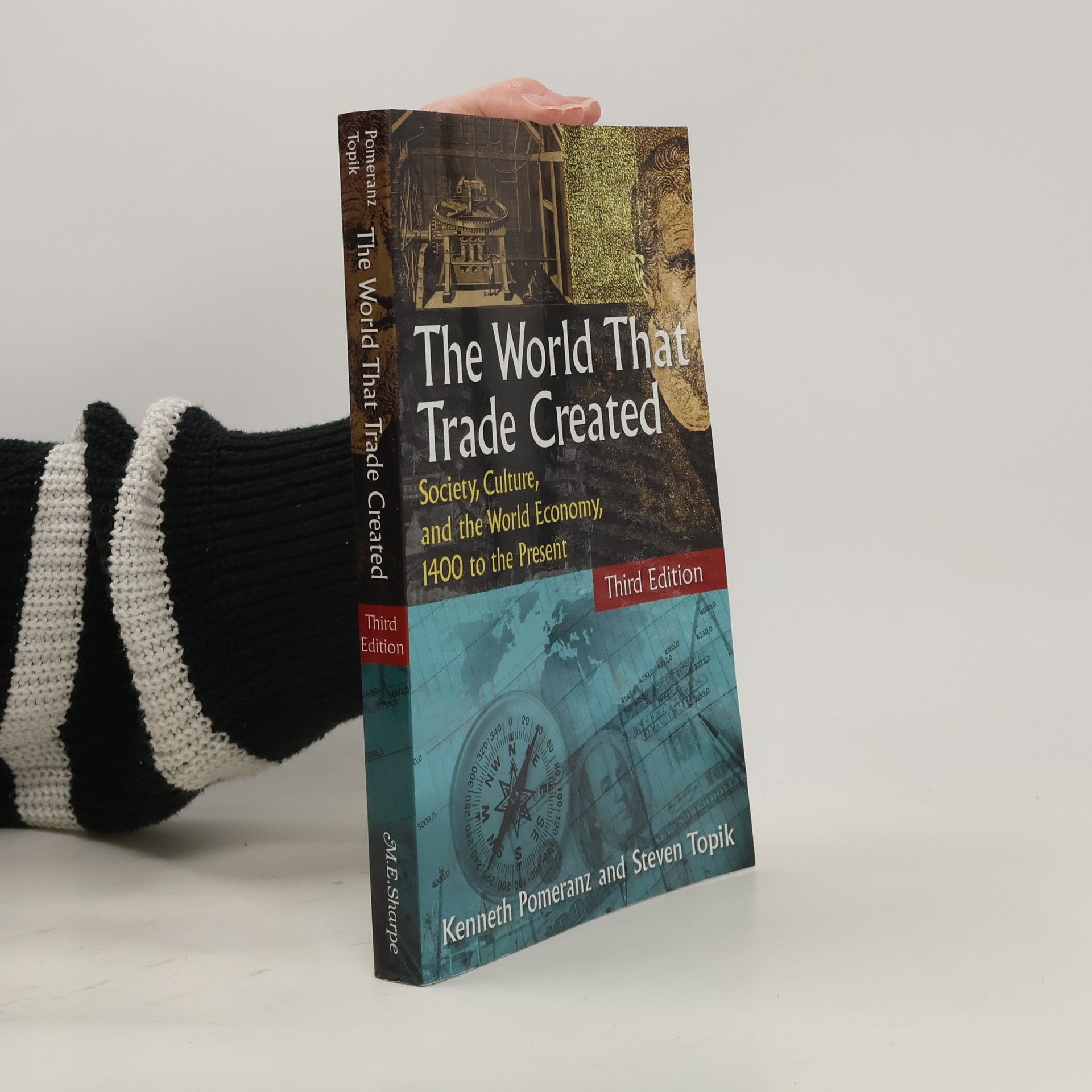The World that Trade Created
Society, Culture, and the World Economy, 1400 to the Present
In a series of brief, highly readable vignettes, the authors bring to life international trade and its actorsmerchants and bankers, pirates and privateers, sailors and slaves, traders and tree tappers. In the process they make clear that the seemingly modern concept of economic globalization has deep historical roots. The third edition provides expanded coverage of the twentieth century, new selections on silver and gold in Brazil and Mexico, the rise of Panama as a financial center, the transition from coal to oil, fair trade laws, and the expansion of offshore manufacturing since World War II. A new illustration program has been added that offers a more visual appeal to the text.

